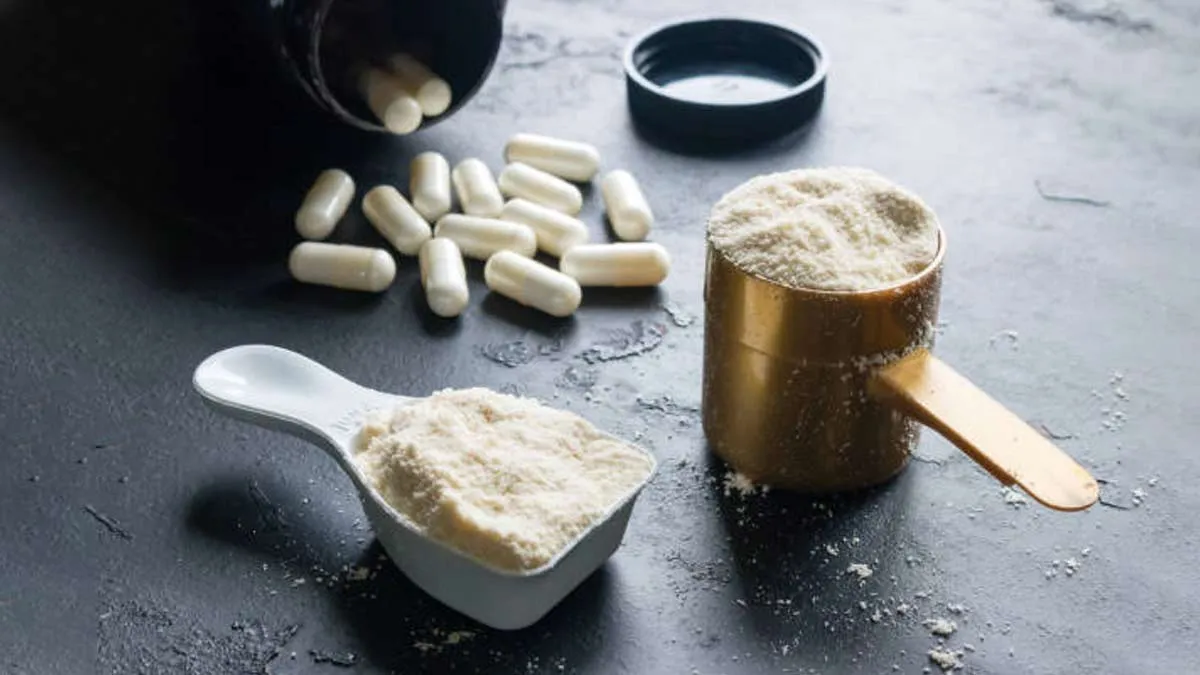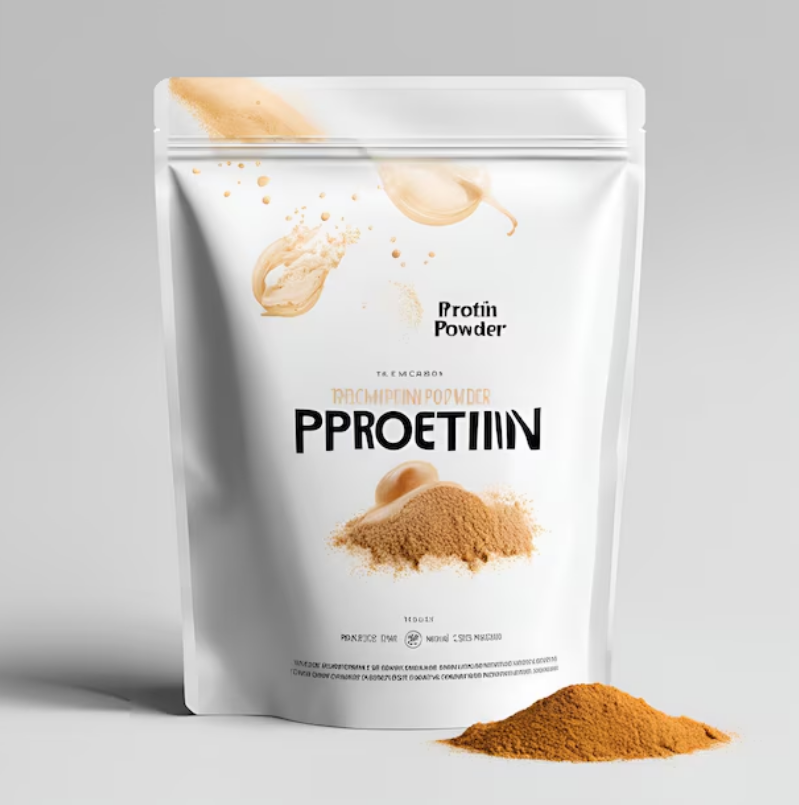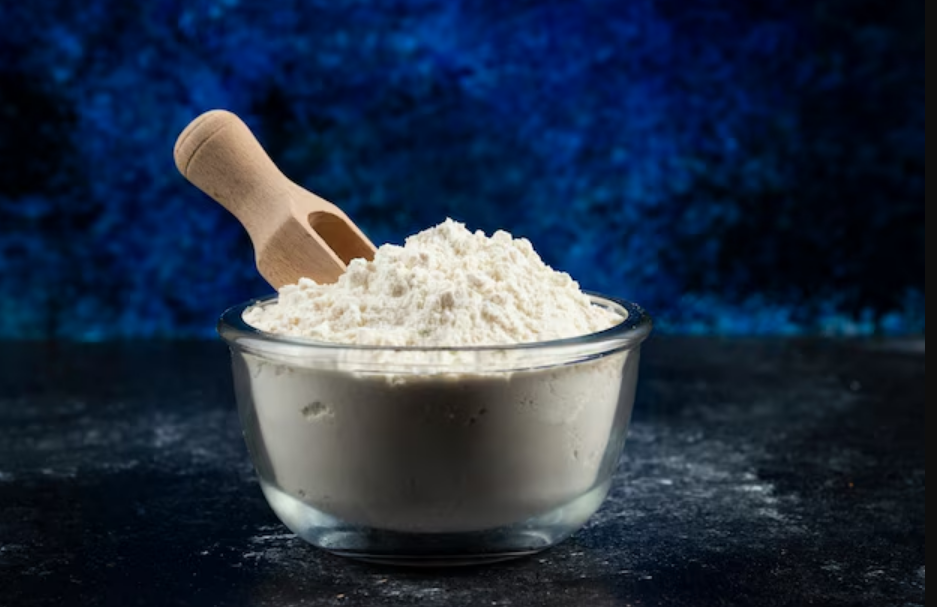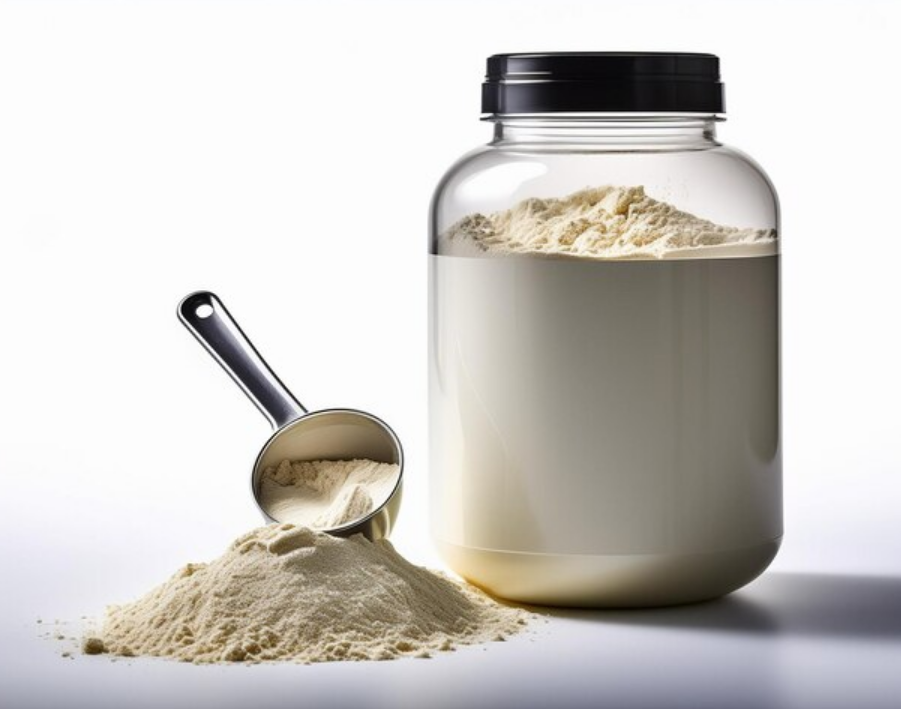
Protein powder supplements are popular for enhancing physical performance, boosting metabolism, and aiding in muscle recovery. However, what if the protein powder you're consuming isn't authentic? A recent case in Noida highlighted the dangers of counterfeit protein products. Three individuals were arrested for manufacturing adulterated protein powders and selling 2.5-kilogramme packs for ₹8,500, after investing just ₹1,800 per pack, as reported by The Times of India.
Dietitian Dt Priyanka Bandal, a senior dietician at Manipal Hospital, Baner, Pune, shares some practical tips on how to spot fake protein powders and ensure you are consuming a legitimate product.

"Look for high-quality packaging with no spelling errors or poor printing," advises Dt Priyanka Bandal. Authentic protein powders will always have professional, well-printed packaging. If the packaging seems subpar or contains mistakes, it could be a sign of a fake product.
"Ensure that the lid is properly sealed," Dt Bandal emphasises. If the seal is broken or loose, it could indicate tampering. A broken seal means the product might have been opened and repackaged, potentially making it unsafe.
Fakes often lack a lot number or have smudged or illegible expiry dates. "Ensure the product has a clearly printed lot number and expiry date," recommends Dt Bandal. This helps track the product’s authenticity and ensures it hasn’t expired.
If the price of the protein powder seems too good to be true, it likely is. Authentic protein powders are often sold at a premium, given the quality ingredients and manufacturing processes involved. "Be cautious of powders priced far below the standard market price," says Dt Bandal.
Genuine protein powders mix well in liquids without leaving lumps or sediment. "If the powder doesn’t dissolve properly or leaves an unusual texture, it could be a fake," she warns. Authentic protein powder will smoothly dissolve when mixed with water or milk.
Don't Miss: Does Plant Protein Lower Heart Disease Risk by 27%? 3 Reasons Why It Makes Sense, As Per Dietician
"Fake protein powders tend to have an overly artificial taste or a strange smell," explains Dt Bandal. Authentic products maintain a consistent flavour and smell. If the taste seems off, it might be an indication that the product is not genuine.

With modern technology, it’s easier than ever to verify the authenticity of a product. "Scan the barcode or QR code on the product to verify it with the manufacturer," suggests Dt Bandal. This is one of the quickest ways to confirm the product’s legitimacy.
"Stick to official websites, authorised dealers, or trusted stores," advises Dt Bandal. Avoid buying from unknown or unauthorised sources, such as suspicious e-commerce listings. This reduces the risk of purchasing counterfeit protein powders.
For those who want an extra layer of certainty, getting the product tested in a lab can confirm its authenticity. While this step is not always necessary, it can be a useful option if you have serious concerns about the product's quality.

Protein powders offer numerous benefits for muscle growth, recovery, and overall health. They provide essential amino acids that help with muscle repair after exercise, improve endurance, reduce soreness, and even support skin, hair, and immune system health. With so many options available online, ensuring that the protein powder you purchase is genuine has never been more important.
Don't Miss: Is Infertility Hereditary? Expert Guides Through, Lists Reasons Causing The Condition
Keep reading Herzindagi for more such stories.
Image Courtesy: Freepik
Also watch this video
Herzindagi video
Our aim is to provide accurate, safe and expert verified information through our articles and social media handles. The remedies, advice and tips mentioned here are for general information only. Please consult your expert before trying any kind of health, beauty, life hacks or astrology related tips. For any feedback or complaint, contact us at [email protected].